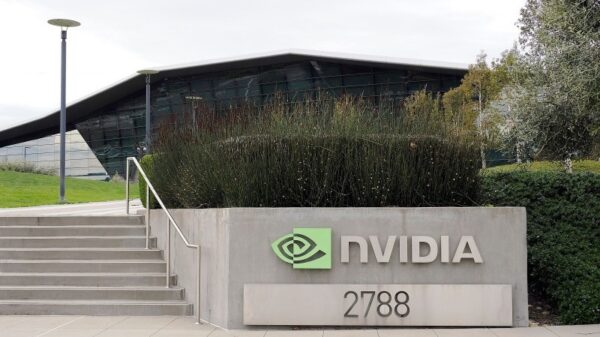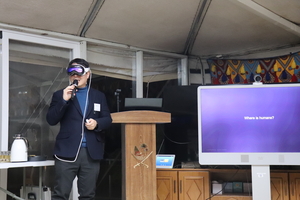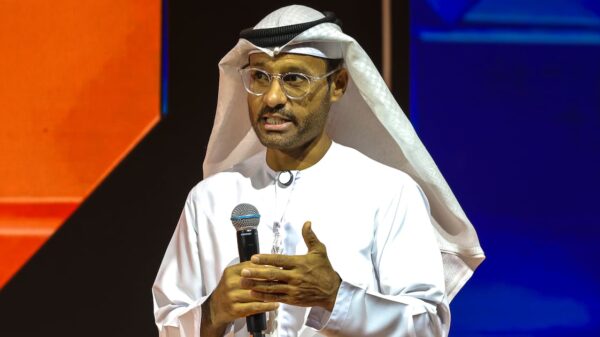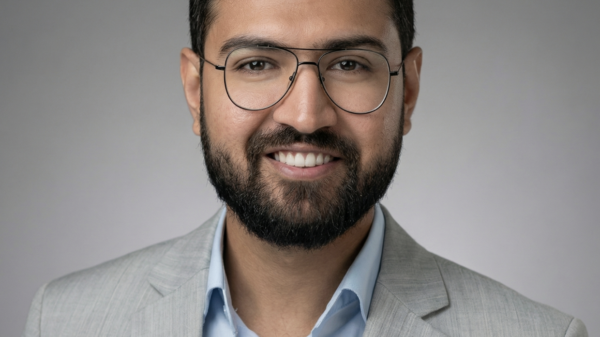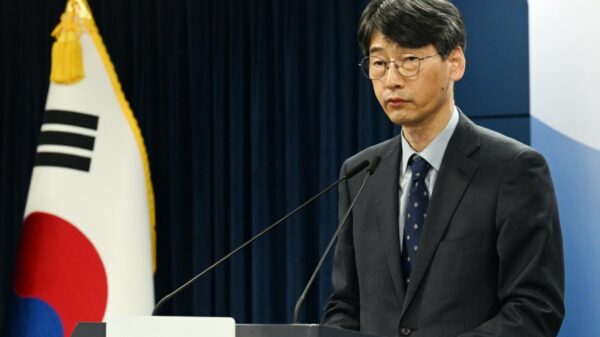Artificial intelligence (AI) is no longer a distant concept but a transformative force reshaping industries and human interactions, according to Simon Lee, founder and CEO of Flitto, a language AI company based in Seoul. Lee shared his insights during a lecture at the residence of the Qatari ambassador in Seoul on November 18, hosted by the Corea Image Communication Institute.
With over a decade of experience in developing multilingual platforms, Flitto aims to enhance global communication through AI-driven solutions. During his presentation, Lee emphasized the pervasive nature of AI, stating, “Some of you may say yes. But whether we feel it or not, the change is already happening everywhere all at once.”
Global Advancements in AI
Lee highlighted the rapid adoption of autonomous mobility in the Middle East, where nations such as Qatar, the UAE, and Saudi Arabia are making substantial investments in AI-driven transport and smart city initiatives. “In the Middle East, autonomous mobility isn’t a future vision. It’s already happening,” he noted, reflecting on the region’s commitment to modernizing its infrastructure through AI.
Flitto itself has harnessed AI technology to enhance global communication efforts. Its live interpretation platform, launched in April 2024, supports over 90 major conferences each month. “Most conferences used to skip interpretation entirely to save costs … but with 42 languages at an affordable price, organizers realized they can invite anyone, welcome any audience, and turn any event into an international event,” Lee explained.
Societal Shifts Driven by AI
Lee also cautioned about the broader societal implications of AI, asserting that the technology is reshaping human behavior and accelerating societal change. “In the past two years, the world has changed more than it did in the past two centuries. AI didn’t just change technology; it changed human habits, and once human behavior changes, society moves at an entirely different speed,” he stated.
Additionally, he emphasized the importance of human data in AI development, warning that “if AI learns only from AI-generated data, the model collapses at the end. Human data is invaluable.” This insight underscores the ongoing need for data generated from real-world interactions to maintain the integrity and effectiveness of AI systems.
Looking ahead, Lee discussed the future of physical AI, noting current limitations of robots that can push, pull, and carry but lack a true understanding of their surroundings. “That’s about to change,” he said, pointing to advancements in augmented reality (AR) glasses, humanoid robots, and AI-powered vision systems that promise to transform various sectors, including logistics and healthcare.
“I don’t fully know what lies ahead, but I will continue building, learning, and doing my best not to disappoint this wonderful community,” Lee concluded, reflecting the spirit of innovation that drives the AI industry forward.
See also France Investigates Elon Musk’s Grok AI for Holocaust Denial Amid Growing Controversy
France Investigates Elon Musk’s Grok AI for Holocaust Denial Amid Growing Controversy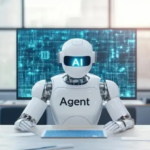 Maximizing AI Value: Strategies for Balancing Costs, Risks, and ROI Across Industries
Maximizing AI Value: Strategies for Balancing Costs, Risks, and ROI Across Industries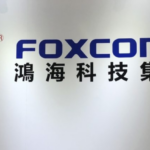 Foxconn Partners with OpenAI to Develop Next-Gen AI Hardware in the US
Foxconn Partners with OpenAI to Develop Next-Gen AI Hardware in the US Dalio Warns of AI Stock Bubble, Urges Investors to Hold Amid Fed Rate Cuts
Dalio Warns of AI Stock Bubble, Urges Investors to Hold Amid Fed Rate Cuts Prolific Study Reveals Gemini 2.5 Pro Tops AI Chatbots, Outperforming ChatGPT in User Rankings
Prolific Study Reveals Gemini 2.5 Pro Tops AI Chatbots, Outperforming ChatGPT in User Rankings


